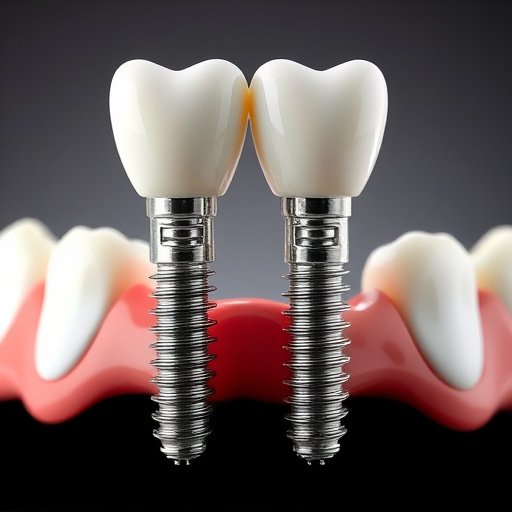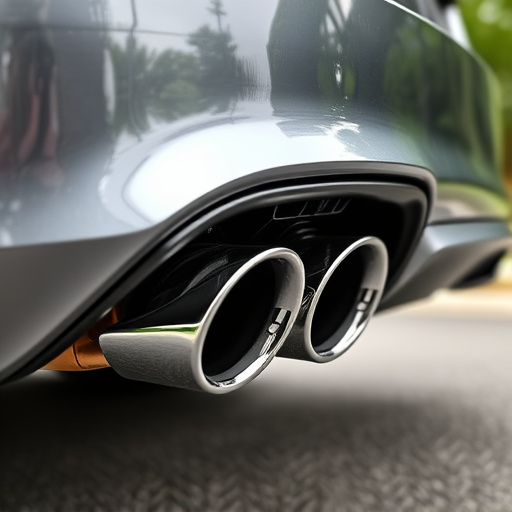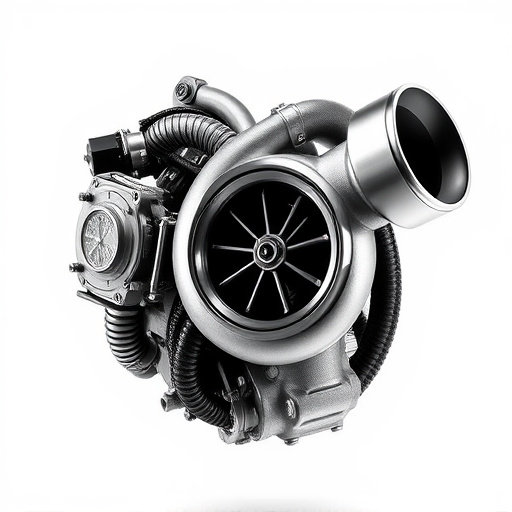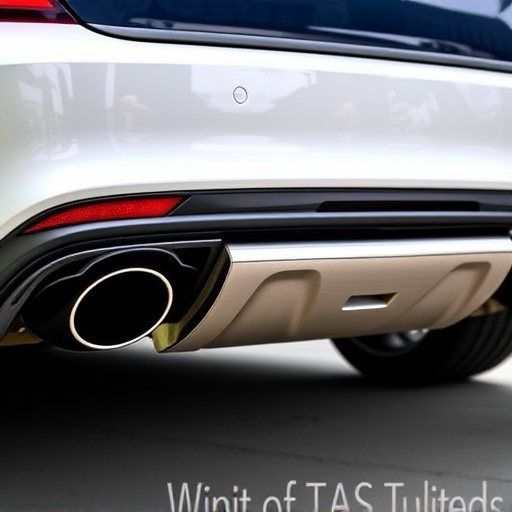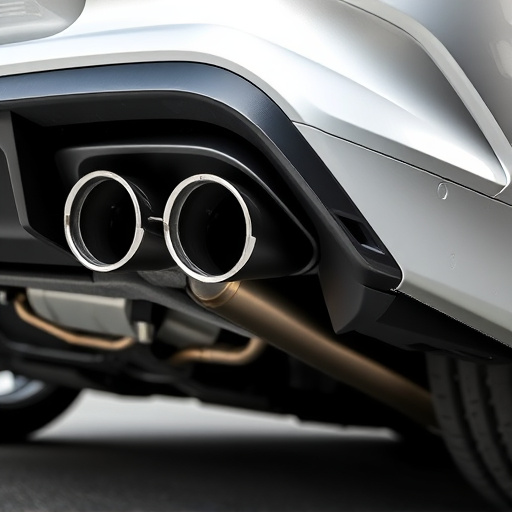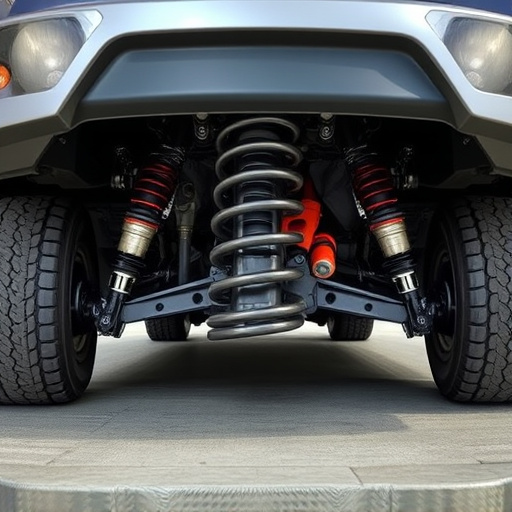Titanium exhaust systems offer premium performance and durability with their exceptional strength-to-weight ratio, corrosion resistance, and advanced manufacturing. Though expensive due to raw material cost, specialized production processes, and market demand, they provide long-term benefits like improved vehicle performance, reduced weight, and minimal maintenance over traditional materials like stainless steel, making them a valuable investment for drivers seeking quality and efficiency.
“In the market for high-performance automotive upgrades, understanding the distinction between price and value is paramount. This article delves into the intricacies of titanium exhaust systems, a premium choice among car enthusiasts. We explore the materials and durability that make these systems exceptional. Additionally, we analyze pricing trends, factoring in various influences. The core focus lies in assessing the titanium exhaust system‘s value proposition, contrasting it with traditional alternatives based on benefits and longevity.”
- Understanding Titanium Exhaust Systems: Materials & Durability
- Pricing Analysis: Factors Influencing Cost of Titanium Exhausts
- Value Assessment: Benefits & Longevity vs. Traditional Systems
Understanding Titanium Exhaust Systems: Materials & Durability
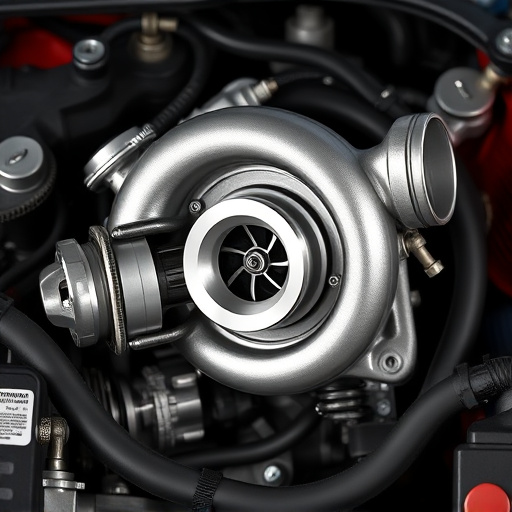
Titanium exhaust systems are renowned for their superior materials and durability. Titanium, known for its exceptional strength-to-weight ratio and resistance to corrosion, offers significant advantages over traditional metals like stainless steel. These systems not only boast sturdy construction but also demonstrate remarkable longevity, making them a popular choice among automotive enthusiasts.
Understanding the composition of a titanium exhaust system is key to appreciating its value. Titanium exhaust mufflers are designed with intricate precision, utilizing advanced manufacturing techniques to create seamless and robust components. This attention to detail ensures optimal performance and enhances the overall efficiency of the vehicle’s exhaust system. Moreover, compared to performance exhaust kits that may require frequent replacements due to wear and tear, titanium suspensions stand the test of time, making them a wise investment for those seeking both durability and superior craftsmanship in their automotive upgrades, including suspension kits.
Pricing Analysis: Factors Influencing Cost of Titanium Exhausts
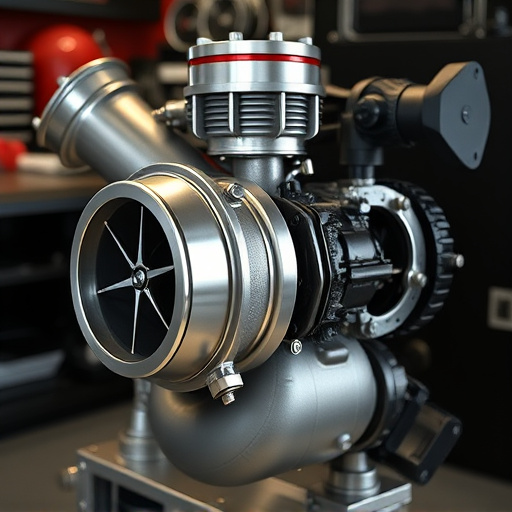
The price of a titanium exhaust system is determined by multiple factors, reflecting its premium position in the automotive aftermarket. Firstly, material costs play a significant role; titanium is a rare and expensive metal known for its exceptional strength-to-weight ratio and resistance to corrosion. Secondly, complex manufacturing processes involved in shaping and joining titanium contribute substantially to the overall price tag. These systems often require specialized machinery and expertise to ensure precision and quality.
Additionally, market demand and brand reputation influence pricing. Titanium exhausts are popular among car enthusiasts seeking high-performance modifications, driving up demand and allowing manufacturers to command higher prices. Moreover, integration of advanced features such as catalytic converters, noise suppression technology, or custom design elements can further elevate the cost. Interestingly, while titanium is often associated with luxury vehicles, it can also be a smart investment for performance cars, offering improved engine efficiency and reduced weight compared to traditional exhaust systems, like those made from stainless steel or carbon fiber, and even competing with some cold air intakes or suspension components in terms of value-for-money.
Value Assessment: Benefits & Longevity vs. Traditional Systems
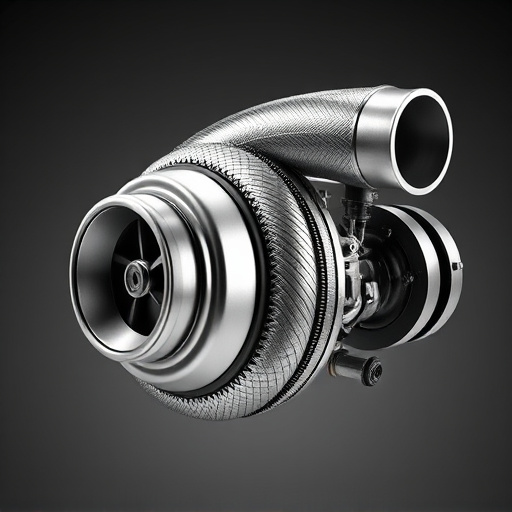
When comparing a titanium exhaust system to traditional models, assessing value involves considering more than just upfront cost. Titanium systems offer significant long-term benefits, enhancing vehicle performance and durability. These high-performance parts are built to withstand rigorous driving conditions, often outperforming their steel counterparts over time. Not only do they reduce weight, contributing to improved fuel efficiency, but titanium’s natural resistance to corrosion ensures a longer lifespan without requiring frequent replacements.
Moreover, the integration of advanced technologies in titanium exhaust systems can further elevate performance and customization options. Features like performance air filters and optimized geometry can enhance engine output, ensuring your vehicle delivers optimal power throughout its lifecycle. This longevity and improved efficiency make titanium exhaust systems a compelling choice for those prioritizing both quality and value.
When comparing the price and value of a titanium exhaust system, it’s clear that while the initial cost may be higher than traditional options, the long-term benefits significantly outweigh the expense. Titanium’s superior durability, corrosion resistance, and reduced noise levels offer a quieter, more efficient ride for years to come. Investing in a high-quality titanium exhaust system is a wise choice for any vehicle owner seeking both performance and peace of mind.


